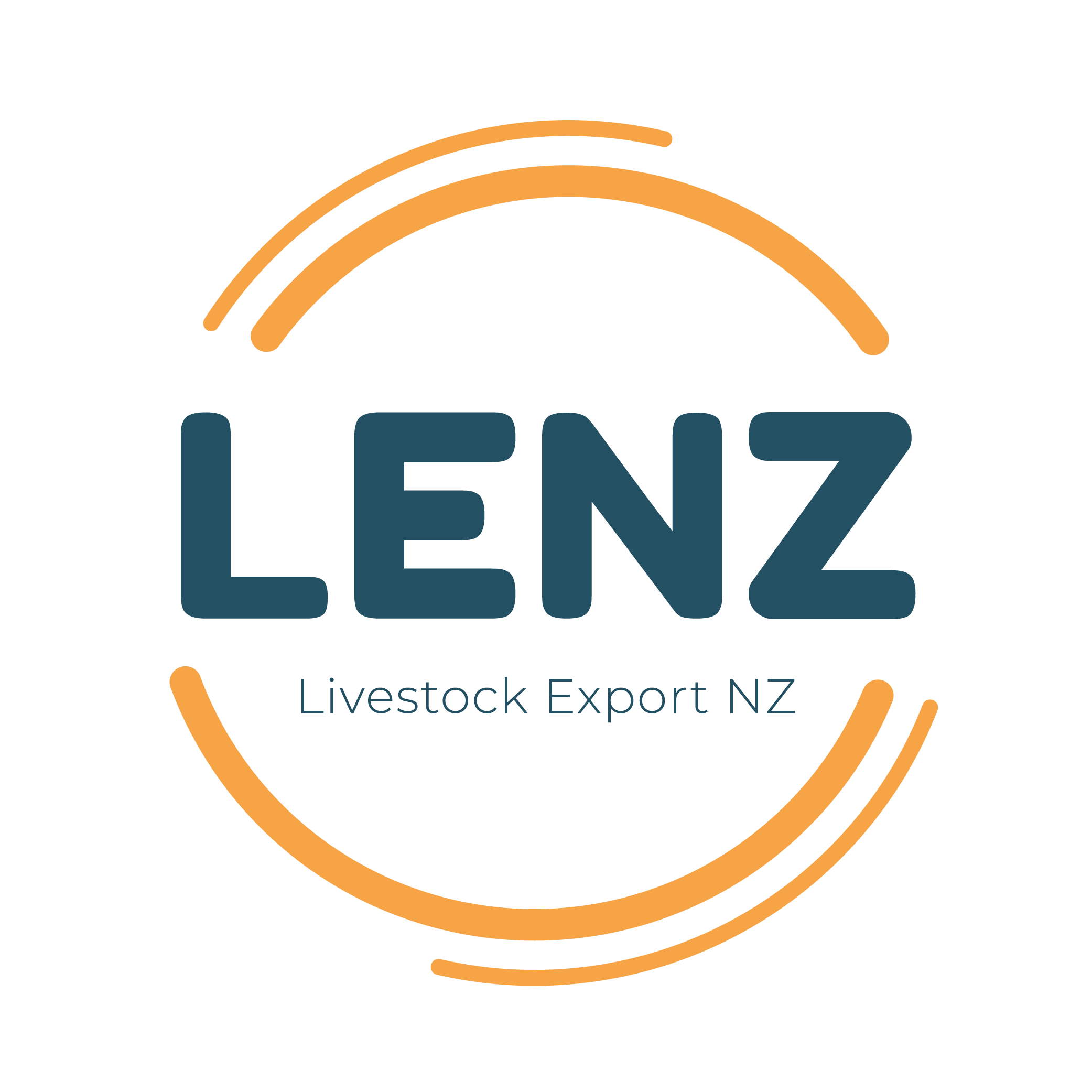Law seeking to diminish harm to livestock, could result in more harm.
Last year the government announced an end to shipping live animals from New Zealand by sea. When the law comes into effect next year, people may quite reasonably assume we have taken a strong and principled step forward that lifts our standard of care for animals.
But unintended consequences can have a way of undoing our best intentions.
Whether New Zealand takes part or not, the livestock export trade will continue. Several other countries are active exporters of livestock to China. Their animal welfare standards are far less rigorous than New Zealand's.
At present, as an active participant in the trade, New Zealand has a seat at the table where rules are made and agreed to, regarding such standards. It has advocated for standards such as those of the World Organisation for Animal Health that improves the prospect of animals being moved with the proper care they require.
There's a very real possibility that with New Zealand no longer involved in the trade, and no longer at the table, standards will fall and conditions for those animals in those ships will be poorer.
It's not only a question of standards of care in transit, but also ongoing involvement in the receiving country. New Zealand worked, for example, with China on food safety to lift their domestic standards and to help them develop domestic regulations.
If New Zealand remains in the trade our exporters can continue to educate and require high standards of animal welfare from importers. The wellbeing of vastly more animals than the relatively few involved in the export trade could be lifted. Would the remaining exporting countries have that same interest and commitment?
From a wider point of view, there is the potential for risks to trade. Legally-binding international trade rules and agreements are our friend. They make it possible for us to credibly argue that other countries should do what is right and best.

We have a hard-earned reputation for adhering to and respecting evidence trade rule and trade agreements. There is a case that can be made that New Zealand is breaching some trade agreements by imposing the ban.
New Zealand would not fare well in an unpredictable trade world. We rely upon the rules and the science to speak for us where our relative bargaining power is otherwise not so strong. Our rule-based trade policy is long-established but easily damaged.
Looking out further, there's also the question of food security in a world feeling the effects of climate change, drought, and famine. We could be helping nations in difficulty, making the most of what they have.
We could offer our expertise in the effective, efficient, and sustainable use of livestock. Equally importantly we could be supplying the highest quality foundation livestock; but not if we can't export them.
Without being able to live stock export livestock some cattle will instead either be killed at birth or early in their life as there is no productive use for them. With a live animal export industry these cattle could have a long and productive life, exported as breeding animals to support food production in developing nations.
Aside from the dilemma farmers face by such decisions and the animals welfare consequences of this, our farmers lose the opportunity to create a premium product and rural communities will suffer.
We also need to consider, coming to the grimmest of possibilities, how we would be placed in a biosecurity catastrophe that saw our stock wiped out. If we then found ourselves wanting to import healthy cattle from other countries, where then might we stand on live importation?
Not all of these unintended consequences may eventuate. But at least one is more or less certain: although this law seeks to diminish harm to livestock, it leaves a vacuum into which that harm may expand.

Could there be another way? The export industry believes so. It proposes that the export trade be permitted to continue at stepped up animal welfare standards.
Livestock Exporters New Zealand whose members export 80 per cent of the cattle currently transported by sea – have proposed a Gold Standard for the export of livestock from New Zealand.
It takes export welfare to a level unmatched internationally, a standard of the highest degree of care, embracing ongoing scientific advances in the understanding of animal welfare.
If this standard was accepted as the barometer for which suppliers can export live cattle, New Zealand's minimum standard would become the highest is standard in the world. The Gold Standard would provide a north star for standards of live animal exports globally – something New Zealand could be proud to lead, ensuring the welfare of animals who will continue be exported around the world.

